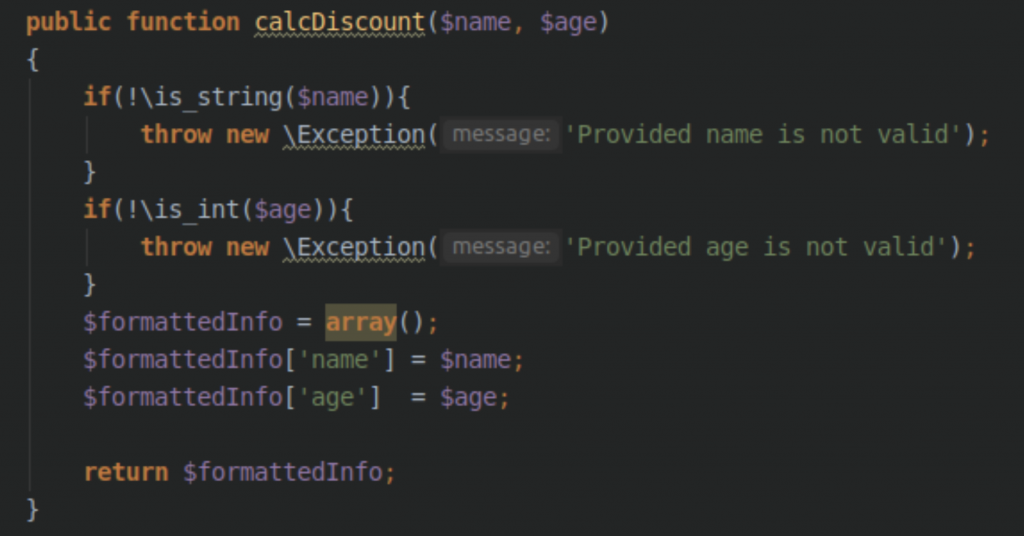If you are part of the IT industry, you know that writing good code means saving time you would spend on testing, updating, or fixing bugs. It’s no different with PHP – there are many techniques and ideas that help clean up legacy code and refactor it to make it more robust and modular. Why is it important? What benefits does it bring?
Why is it important to refactor PHP legacy code?
Let’s start with a short explanation of what code refactoring is. It’s a process that involves restructuring a computer code base without adding new features or changes to its external behavior. Code refactoring usually means implementing some small changes to the code base to increase software performance and reduce potential errors. Why proceed with refactoring PHP legacy code then? The process improves the design of existing code. It helps you write and maintain clean code so that other developers will be able to read, extend, and reuse it without the need to edit much. Some people call code refactoring rewriting. However, rewriting is another solution to dealing with unmanageable code – it’s scraping away the code and building it again from the ground up, whereas refactoring is modifying the existing code.
What are the benefits of refactoring PHP legacy code?
As already mentioned, refactoring PHP legacy code improves the readability and quality of code without unnecessary downtime. Your developer team can isolate a specific code base and work on it independently. It’s an effective process, however, it still leaves some room for new bugs or software crashes which means it requires knowledge and profound experience. Most developers agree that refactoring is cost-effective in terms of software development.
What else?
- It encourages developers to write software more thoughtfully, following a given style.
- It helps you get rid of technical debt – refactoring cuts the risk of bugs and crashes while upgrading features and repeating lines of code throughout the application.
- No more maintenance nightmares. Refactoring PHP legacy code eliminates clutter.
- Refactoring improves the longevity of the custom product because it increases the maintainability of the software.
- It makes it much easier to find bugs in a large amount of code.
- It prepares a springboard for building reusable pieces of code.
- Refactoring makes it easier for other developers to add new features and functionalities. This saves time and money in the long run.
Of course, there are times when you don’t have to conduct refactoring. Usually, it’s when the code is so bad that the software just has to be rewritten from scratch.
